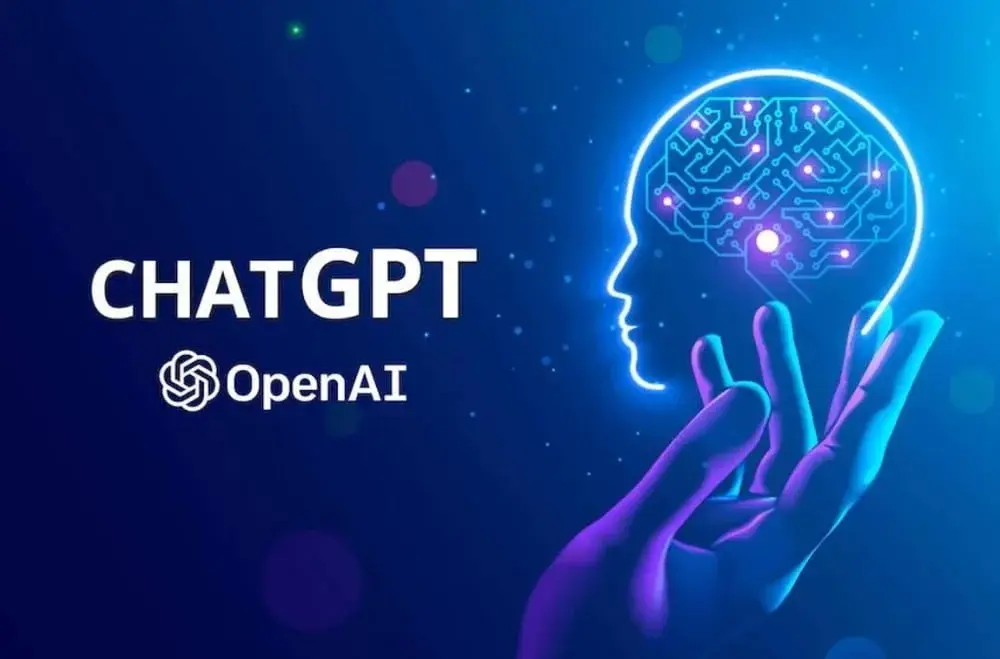OpenAI has recently made an unconventional move by launching ChatGPT Voice, a highly realistic virtual assistant, to the public for free. Known for its innovative technology, OpenAI’s decision to release this feature amidst internal challenges is both bold and risky.
Previously, ChatGPT Voice was exclusively available to ChatGPT Plus members. However, since late September, the feature has been made accessible to all users through the ChatGPT app on Android and iOS platforms. What sets ChatGPT Voice apart from typical virtual assistants is its remarkably human-like interactions. Instead of sounding robotic, ChatGPT Voice utilizes OpenAI’s advanced language model to provide nuanced and complex responses in a natural, human-like voice.
To use ChatGPT Voice, users simply tap the headphones icon in the app and speak to the AI. The assistant, powered by a library of voice actor recordings, responds with realistic intonation and emphasis, creating an unexpectedly lifelike experience.
Nevertheless, the timing of this release is worth noting. OpenAI is currently undergoing significant internal upheaval, including the unexpected dismissal of CEO Sam Altman. This event has triggered a series of reactions, leading to the departure of key researchers and calls for the resignation of the entire OpenAI board. It is important to mention that the company has recently reinstated Sam Altman as per recent news.
In light of these circumstances, the decision to launch ChatGPT Voice could be seen as a strategic distraction or a misjudged move. OpenAI finds itself at a critical juncture, facing major changes and uncertainties. While the new voice feature showcases OpenAI’s technological prowess, it also raises questions about the company’s timing and priorities. Given the high stakes, including employee morale and the future direction of the company, one might wonder if delaying the release would have been a wiser choice.


Leave a Reply